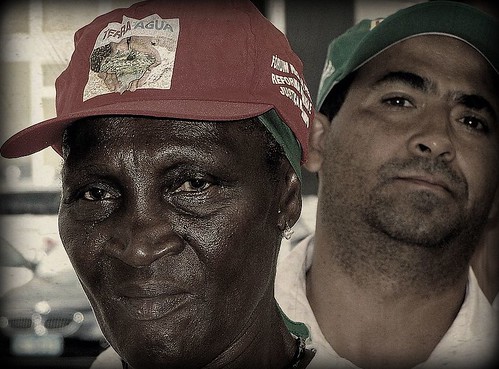Some communities in Ohio are fed up by the way that corporations, colluding with state legislatures, simply override the concerns of local communities. Communities are often helpless in preventing their local environment from being blighted by hydrofracking, factory farming, and the extraction of groundwater supplies, among other enclosures of the commons.
So, banding together as the Ohio Community Rights Network, community members from eleven Ohio Counties recently released "The Columbus Declaration," which calls for a movement to “elevate the rights of people, their communities and nature above the claimed ‘rights’ of corporations.” The goal of the movement is to secure “local community self-governing rights through constitutional change.”
The Ohio Community Rights Network plans to form 88 county chapters throughout the state and seek a statewide constitutional convention to “guarantee that the people in every City, Village and Township of Ohio have the ability to protect the health, safety, welfare and fundamental rights of residents, free from state preemption or corporate interference.”
The campaign is the outgrowth of work by the Community Environmental Legal Defense Fund CELDF), which has worked with a number of Ohio communities in fighting fracking, drilling and injection wells throughout the state.
The Columbus Declaration may seem like a small, marginal project, but at a time when oil companies, big box stores, industrial agribusiness and transnational water bottlers can march into most communities and more or less override community sentiment, this initiative strikes me as one of the more promising legal vehicles for communities regaining some measure of control over their futures.
read more


